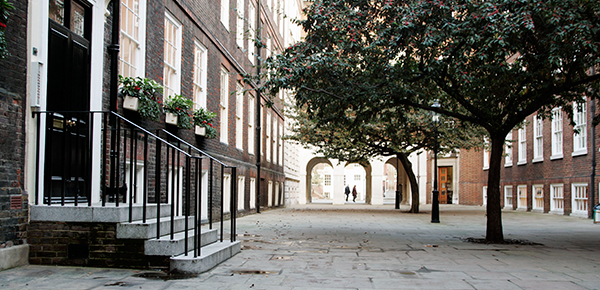Environmental Law News Update
July 17, 2020

In this latest Environmental Law News Update, Charles Morgan and Mark Davies consider ongoing worries over water supply, delays to the planned incorporation of sewage sludge use within permitting regulations and plans to ‘build back greener’ after the lockdown.
Ongoing worries over water supply
“The responsible bodies – the Department for Environment, Food & Rural Affairs, the Environment Agency and Ofwat – have collectively taken their eye of the ball and urgent action is now required if we are to have a reliable water supply in the years ahead.”
That is the stark message from the House of Commons Public Accounts Committee in its report ‘Water supply and demand management’ published on 10 July. Depressingly, none of the underlying reasons are new; they are the usual culprits: unremedied leakage (20% of supply), increasing demand and inadequate resources. The Committee says in terms that the involvement of so many bodies (including the water companies themselves) has resulted in a lack of ownership of the problems. The dynamics of the quinquennial price-setting process create confusion as to the proper achievement of balance between improved performance, acceptable bills and the statutory entitlement of the companies to achieve a reasonable return on their assets.
Amongst the Committee’s recommendations are that Defra should publish an annual league tables of reductions in leakage and consumption. It starts the ball rolling by publishing in the report a table of losses by leakage per kilometre of pipe, which reveals a five-fold difference between the worst performer (Thames) and the best (Anglian). The Committee quotes Ofwat as saying that the water companies would “surprise themselves” at what they can achieve. The Committee says that it will be surprised if they do, without further incentives. It also concludes that water efficiency lags far behind energy efficiency in policy and public perception. A national message on the need to reduce water consumption is called for.
There are further interesting passages on the industry aim for net-zero by 2030 and on damage to the environment, with particular reference to the threats posed by HS2, which the Environment Agency has required to be specifically identified and mitigated.
Sticky times for sewage sludge
In our update for 25 March 2020 we commented upon the Environment Agency’s plans to bring the use of sewage sludge within the framework of the Environmental Permitting Regulations by 2021. Quite apart from the problems caused by the irreducible need to put the stuff somewhere, the ENDS Report reveals that the plan has now hit the buffers, or at any rate moved onto the slow line, for a quite distinct reason: the Covid-19 pandemic. It is now expected to be implemented in 2023 rather than 2021. At least that will provide more time for the underlying challenges to be satisfactorily addressed. Meanwhile, the Augean Stables continue to pour forth, as a recent drive down the A1 through the well-fertilised fields of County Durham and Yorkshire in an open-topped car made only too apparent at regular intervals. Sometimes it’s difficult to escape from one’s work.
Plans to ‘build back greener’
As the government’s plans to reopen following the lockdown continue to pick up pace, announcements as to what shape that recovery is going to take are being made.
In the Chancellor’s ‘summer statement’ several notable, welcome, commitments to support a green recovery were made:
- A ‘kickstart’ jobs scheme as well as a new apprenticeship scheme to provide incentives to existing green companies;
- £2bn in the form of green home grants (expected to cover insulation, glazing, boilers and other forms of energy efficiency in homes);
- £1bn to improve the energy efficiency of public sector buildings; and
- £50m to pilot the decarbonisation of social housing.
These measures, in concert, are expected to cut carbon emissions by more than half a megatonne a year, support thousands of ‘green’ jobs and make many thousands of homes more energy efficient.
Is it a bit of a sticking plaster when compared with some of the recent recommendations set out in Committee on Climate Change’s latest report? Yes.
Does it show that the government is moving in the right direction as we reopen then economy? Yes.
All in all, it’s not a bad start.
Please also view our Covid-19 Guidance Tracker and Blog – new resources set up by the Regulatory team to enable businesses and legal professionals to more easily navigate to the applicable Covid-19 guidance that is most relevant to their area of work.
To keep up-to-date follow us on Twitter @6pumpcourt or click here to subscribe to the mailing list. If you have any comments or suggestions please contact Bridget Tough at bridget.tough@6pumpcourt.co.uk



